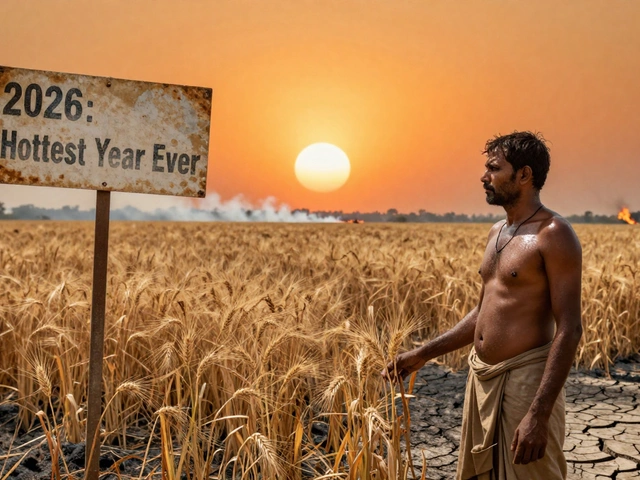Biotechnology Trends: What’s Changing in India’s Life Sciences Sector
When we talk about biotechnology trends, the real-world applications of biology to solve problems in medicine, agriculture, and industry. Also known as bio-tech, it’s no longer just lab experiments—it’s saving lives, cleaning farms, and replacing plastics with bio-based materials. In India, these trends are moving fast. From rural clinics using low-cost diagnostics to Bengaluru startups engineering bacteria to break down plastic waste, biotechnology is becoming part of everyday life.
One major shift is in gene editing, the precise alteration of DNA to fix genetic errors or enhance traits. Tools like CRISPR aren’t just headlines anymore—they’re being used in Indian hospitals to treat blood disorders and in labs to create disease-resistant crops. Then there’s biopharmaceuticals, medicines made from living cells, like vaccines and antibodies. India now produces over 60% of the world’s vaccines, and new mRNA therapies for cancer are being developed right here. Another rising force is synthetic biology, designing biological systems from scratch to produce fuels, food, and materials. Think lab-grown meat that tastes real, or bio-fertilizers that replace chemical ones. These aren’t sci-fi—they’re happening in Pune, Hyderabad, and Chennai labs today.
What ties these trends together? People. Not just scientists, but regulators, entrepreneurs, and farmers who need these tools to work in real conditions. The biggest barrier isn’t the science—it’s making sure these innovations reach the people who need them most. That’s why you’ll find posts here on how biotech salaries are rising in India, how public health programs are using biotech to stop outbreaks, and how AI is helping researchers design better drugs faster. This collection doesn’t just show what’s new—it shows what’s working, who’s doing it, and why it matters for your health, your food, and your future.





